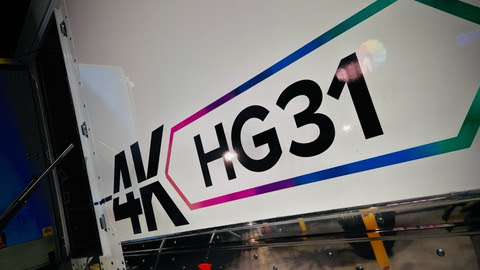Recording rights back for round two fight in Congress
A proposal to calm an aggressive anti-copying legislation has made its way back to Congress — setting the stage for round two in one of the most contentious battles of the digital media era.
The big electronic content producers are fighting to preserve the controversial Digital Millennium Copyright Act (DMCA). Critics want to water it down with a new follow-up law.
The new law, the Digital Media Consumers' Rights Act, is backed by librarians, consumer groups and some technology firms. But change is bitterly opposed by the entertainment industry, including the Hollywood studios, major record labels and the Business Software Alliance.
The content owners argue that preserving the earlier law banning technologies that let people copy DVDs and other digital entertainment is necessary to stop rampant piracy, even if it means that consumers cannot make copies for their personal use.
The proposed amendments, sponsored by Rick Boucher, D-VA, and John Doolittle, R-CA., would permit circumvention of the DMCA for “fair use” purposes. Selling pirated DVDs, and other forms of copyright infringement, would remain illegal.
At a hearing before the House Energy and Commerce Committee's subcommittee on commerce, trade and consumer protection, lobbyists for the content holders said changing the law and allowing such technologies could cripple the multibillion-dollar entertainment industry, chill creative innovation and cost jobs.
Critics of the restrictive law ridiculed such claims. They argued that the 1998 Digital Millennium Copyright Act goes too far to protect those who create digital media, and instead punishes people who simply want to enjoy music or movies in different locations by having more than one copy.
The professional video industry's #1 source for news, trends and product and tech information. Sign up below.
To the entertainment industry, which is at war against piracy on file-sharing networks and elsewhere, the only solution is to put technology into their products to prevent copying, and then outlaw anything that seeks to break that technology.
Rep. John T. Doolittle (R-Calif.), one of the new bill's co-sponsors, waved his Apple iPod for committee members to see and said he failed to grasp when he voted for the DMCA in 1998 that it would restrict his rights to make use of music he had legally purchased.
Proponents of changing the law argue that efforts to stop illegal copying should focus on the conduct of pirates, not the underlying technology that provides law-abiding users with rights and benefits.
Other witnesses said that the ban on copying is making it harder for libraries and other educational institutions to make selected use of digital works for long-distance learning.
Rep. Joe Barton (R-Tex.), chairman of the full House Energy and Commerce Committee, said the DMCA was too restrictive.
Rep. John M. Shimkus (R-Ill.) asked movie industry representatives whether the DMCA would prevent a tool that would allow him to edit out scenes containing “smut” that he does not want his children to see.
An MPAA lawyer said it would, but that technology could allow him to fast-forward past those scenes.
Former representative Al Swift, a Washington state Democrat, said he is a former disc jockey and a music lover who enjoys taking individual songs from CDs and making compilations that he gives to friends.
Swift said the law treats most U.S. consumers as pirates, which they are not.
